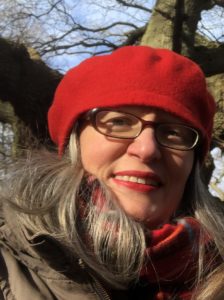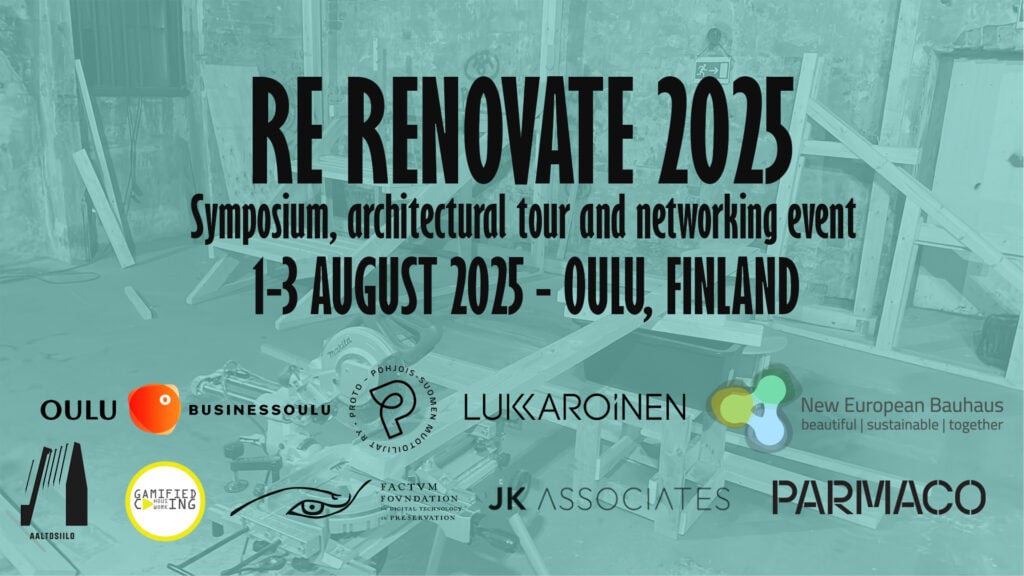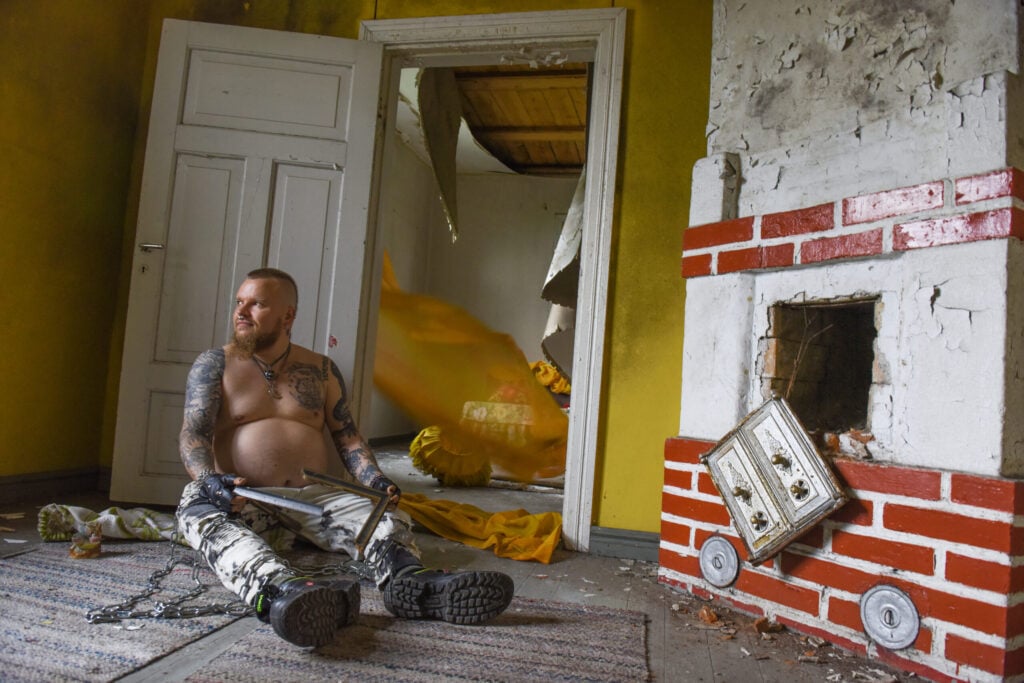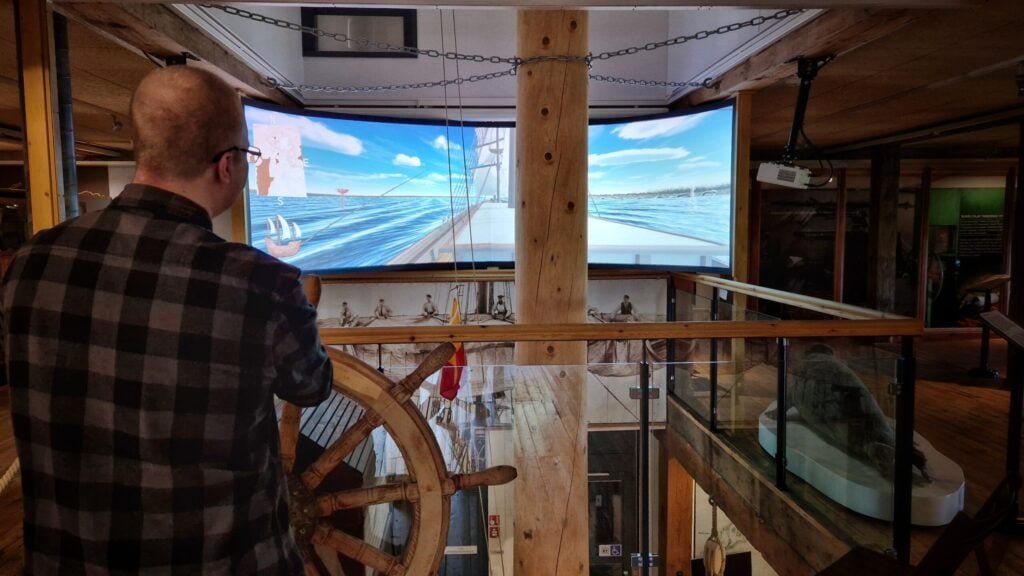 Our cultural personality of the week is Alice Sharp, the Artistic Director of Invisible Dust, an UK based organisation she set up in 2009. The organisation works with visual artists and scientists to explore the climate crisis and environmental concerns through art. In response to both COVID-19 and climate change, Alice developed an international online programme for Invisible Dust, Forecast, to bring together different perspectives to explore our uncertain future. She believes that artists give people a confident starting point to form their own course of action that will eventually lead to them having their own personal relationship with climate change.
Our cultural personality of the week is Alice Sharp, the Artistic Director of Invisible Dust, an UK based organisation she set up in 2009. The organisation works with visual artists and scientists to explore the climate crisis and environmental concerns through art. In response to both COVID-19 and climate change, Alice developed an international online programme for Invisible Dust, Forecast, to bring together different perspectives to explore our uncertain future. She believes that artists give people a confident starting point to form their own course of action that will eventually lead to them having their own personal relationship with climate change.
Oulu, together with 32 Northern Finnish municipalities, is the year 2026 European Capital of Culture! Alice, how do you feel about partnering with Oulu2026?
I’m very excited! To have the opportunity to work with the Oulu team and Oulu region residents on the theme of highlighting environmental issues through culture. This is so close to our own Invisible Dust mission of working between artists and scientists on climate change! Since I set up Invisible Dust things have moved on and the urgency to address the climate crisis has increased.
I’m looking forward to bringing my experience from speaking at many organisations across the world on the importance of art and science to a sustainable future to Oulu and working with artists to explore the local and European perspectives and ideas. My recent experience that I will bring includes talking at Davos 2020, Future Earth’s (set up by the UN to support scientists working on Sustainable Development) interdisciplinary conference SRI2021, and New York Insider Magazine who asked me to speak at their sustainability event in April for 85,000 people online!
COVID-19 has brought home the sense that I already had with the challenge of climate change. We are all connected internationally. A universal language is required so that we can understand climate change and decide what we want to do locally as well as globally. I see art as a universal language, for example, an artwork such as a sculpture can be understood wherever you are in the world, whatever your language or customs.
What does our leading theme, Cultural Climate Change, mean to you?
Since I started developing ideas for a permanent sculpture project to address the ‘Culture Climate Change’ theme, the pandemic has changed our world and brought the importance of working through culture to address climate change even more to the fore.
For me, it is artists who give us a real sense of value and connect to the personal. For example, if you wanted people to understand the importance of water quality. The scientists would give us data on the pollution in the water, the economists might give you the price it would cost to clean up a river but an artist might create a wonderful film which shows things such as the joy of anglers fishing in clean water and families having picnic by the riverside. The film would enable us to connect to water quality on a personal level. I believe that people make positive sustainable changes when their heart leads them, and they are personally connected. The circumstances of COVID-19 give a vital opportunity for people like me that work with artists to ensure they are given opportunities to work with communities and on international projects to increase awareness on the effect of our own behaviour on everyone else. Cultural Climate Change is the way forward!
The European Capital of Culture highlights the importance of collaboration between the Oulu2026 region and the rest of Europe. What can we learn from each other?
Oulu has won the bid and I am delighted this is the case. I think it is vital to tell the story of how climate change is affecting the subarctic climate in the region. There is not enough knowledge or press coverage across Europe on how it is affecting the colder regions. I hope that my project ‘Climate Clock’ and the other Oulu2026 projects will raise awareness and profile of the local situation and enable a broader vision of climate change across the length and breadth of Europe.
The COVID-19 pandemic like the climate change crisis has reinforced for me the importance of working together across Europe for a positive future. With these international challenges it is vital to work together, to share ideas and to learn from each other. Many aspects of climate change are not solvable in one country, let me give a couple of examples: plastic pollution in the sea or supporting endangered bird species. The pollution moves from one part of the sea to another and birds fly to different countries. It is much more effective to work together across different parts of Europe to create solutions to environmental problems like these. It is a huge strength to a project on climate change to work Europe wide as both climate and COVID-19 affect everyone, everywhere. I would like to inspire people across all the municipalities to connect and support each other both on a local level and internationally.
What will Oulu look and feel like in the year 2026?
Energising, exciting, atmospheric, creative, thought-provoking and sharing a positive environmental message.
Bringing together both local and international artists together to spark and inspire new art. Drawing from the Oulu region’s history, culture, art, science and technology. Involving communities in their own creativity and forming connections to climate change across all the municipalities and attracting visitors from all over the world. With the legacy built into every project to benefit Oulu in tackling climate change.
Send your greetings to Oulu who is now continuing their journey to the European Capital of Culture 2026.
Well done to the Oulu2026 team! I am looking forward to working together to make it amazing!



